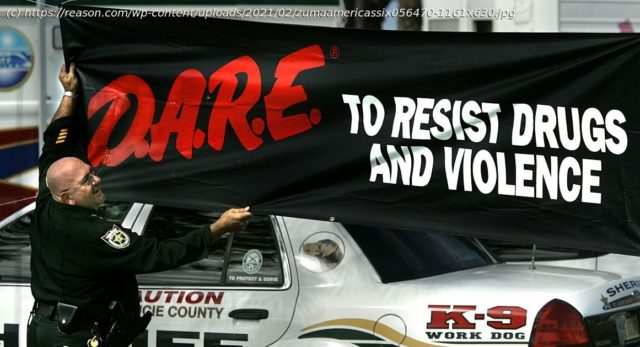We can’t eliminate the virus, but we can reduce its harm to our lives and livelihoods.
The war on COVID-19 has a lot in common with the war on drugs. Just as it is unrealistic to believe we can ever achieve a drug-free society, it is unrealistic to believe we can achieve a COVID-free society. While case numbers seem to be ebbing right now, and vaccinations are revving up, the risk remains that new, more virulent and contagious strains will emerge, resistant to the vaccines and to the immunity derived from having already been infected. Humans are social animals, and as people resume the in-person interactions they psychologically need and crave, new outbreaks are prone to occur. This pandemic has a way to go before it runs its course. Even then, we can expect COVID-19 to remain a part of life for the foreseeable future. It is time to embrace a strategy long advocated by reformers who deal with risky substance use and addiction: harm reduction. Harm reduction is nonjudgmental. It focuses on reducing the harm associated with the use of certain drugs and away from an abstinence-based approach that so often fails. Harm reduction is not a difficult concept for medical practitioners to grasp. When doctors prescribe medications to overweight, borderline diabetic, hypertensive patients who are unable or unwilling to make the necessary lifestyle adjustments to correct their health problems, they are practicing harm reduction. In the case of substance use, harm reduction uses methods such as needle exchange or syringe services programs, safe consumptions sites, anonymous drug testing for contaminants and potency, and medication-assisted treatment for dependency or addiction with drugs such as methadone, buprenorphine, or even pharmaceutical-grade heroin to prevent withdrawal and stabilize life.






